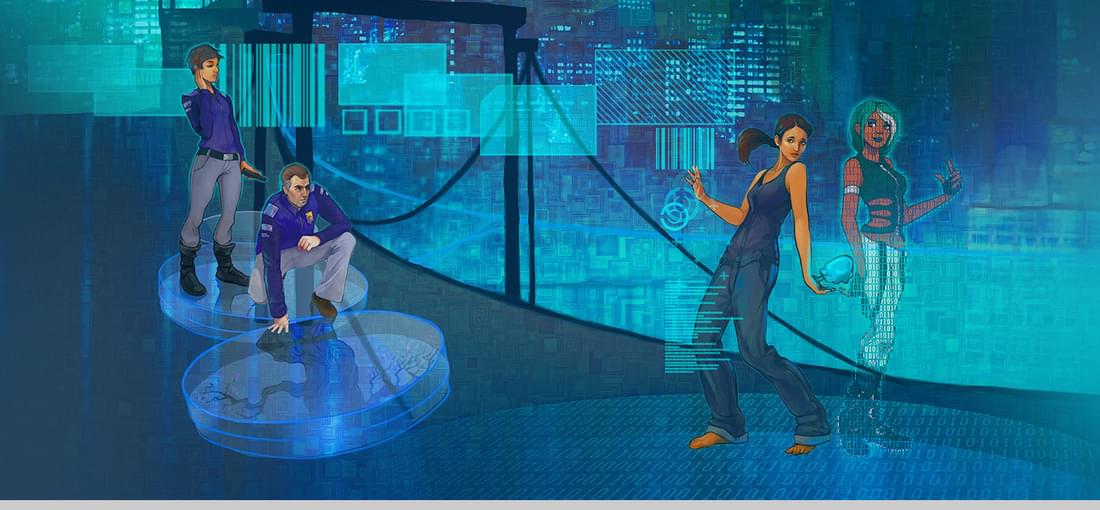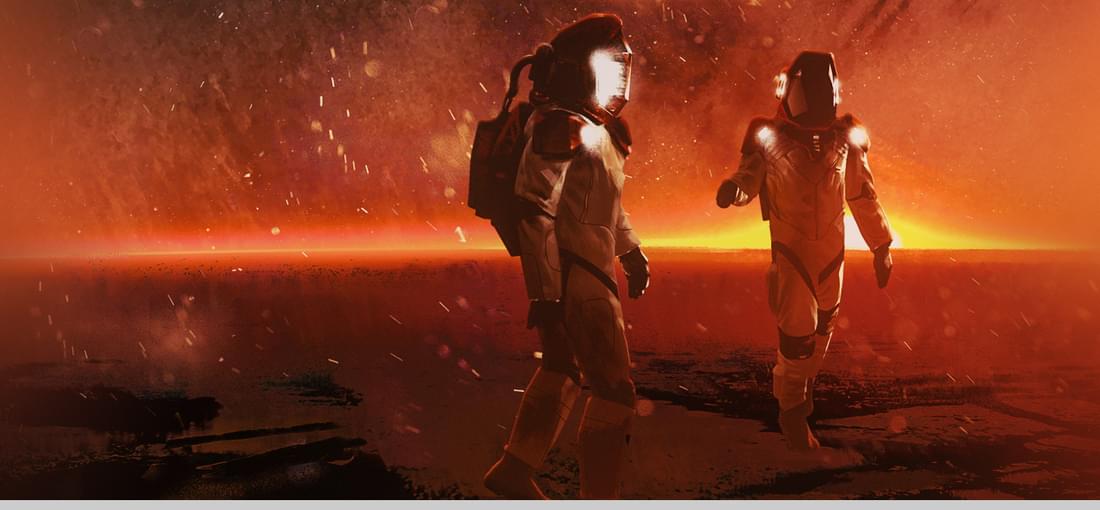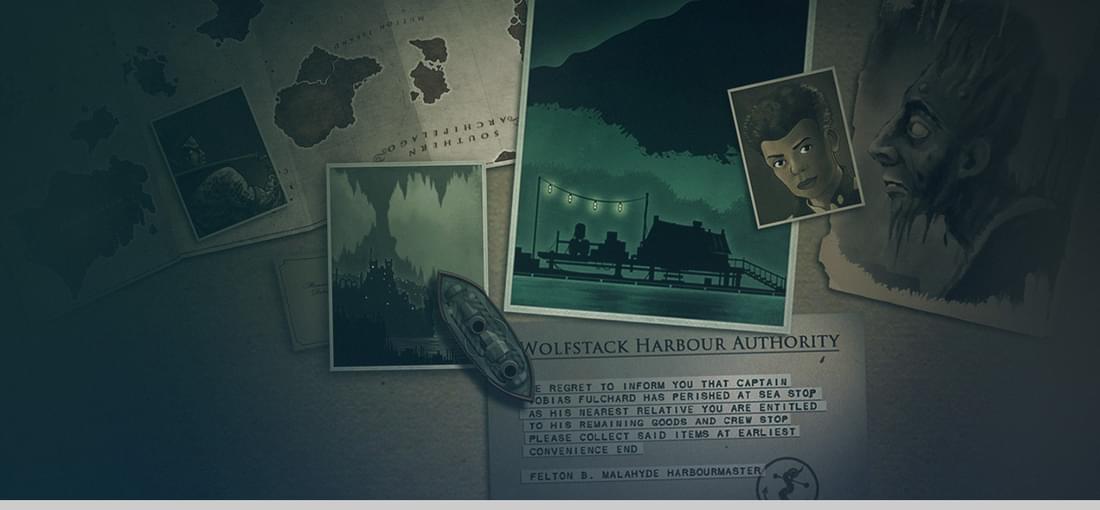


People wax nostalgic about classic adventure games so much, it sometimes becomes nauseating. Of course, they are classics for a reason. But to put them on an unreachable pedestal doesn't do anyone any good. These old games are games of their time, with various limitations of their time: they may utilize those limits to the max, and even transcend them, but they were not created to be perfect be-all and end-all of quests. Case in point: Technobabylon. This game is extremely competently written, and bring the "pixelated 2D quest" genre way closer to a full-blown movie script than its predecessors. It has a large scope that's unhindered by disk space limitations. Its art can stand toe-to-toe with any adventure game classic and not bat an eye. It has not one, but several large character arcs that are explored very thoroughly. It also has the traditional look-at quips and farcical bits that are inseparable from the classic adventure game genre. It even has a well-directed and paced ending, which is frankly rare for any adventure games. It may sound like I'm fanboying over the game, but I'm really not. It's not the apotheosis of adventure games, just like those classics weren't. But compared to modern variations on the classic theme, it really stands out. It doesn't just "reference" or "invoke" some tropes of good old adventure games, it goes all in, to simply make a good adventure game — as big or bigger than any of the classics, no less flashy or well-built, standing on its own (and not as an homage). I'm afraid I can't say the same about other brilliant Wadjet Eye offerings like Gemini Rue, Shardlight, Blackwell series - these are great, but not as ambitious; shorter, smaller, more barren, less grand.

The game will obviously get an enormous amount of points with those who are enraptured by the idea of space exploration and its often dark implications: the challenge of being the most lonesome person who's ever lived chief amongst them. Tharsis has a good story, but it nevertheless only provides an aesthetically pleasing framework for the solid logic puzzle hidden within. Don't be fooled by the randomness of dice-throwing: the outcomes are highly controllable and rely primarily on skill and tactics. The game challenges the player with a steep learning curve, but after experimenting and reading some tips online, I found the mechanics logical, transparent, and well-balanced. In about 5 hours, I was able to start reliably winning on Easy mode (and got at least two variations of voiceover lines, which is also nice). I recommend new players to try out "Missions" (these tutorials are way better than the actual campaign tutorial - short on-the-job affairs). And also a thorough Steam guide some German dude has written. In fact, I must have missed a great chunk of the learning process (and fun / frustration) by reading the guide. But oh well, you can't unsee stuff. Though technically modest, Tharsis is well-finished in all the right places. Weird but expressive astronaut heads, nice interiors, cool hand-drawn cutscenes, and, most of all, brilliant electronic music by Weval. I will be definitely bying the album.

I have the game on Steam. I've dedicated 140 hours to it. And the only thing I want to emphasize is that this game is not a roguelike; it's not a mechanics-based sailing, trading, fighting or whatever-ing game. This is very important: Sunless Sea is a text-based adventure game – with a sailing mechanic to set the mood. I'm not going to criticize people who approach this game without knowing what Fallen London is (which would be reproachable of me). But still, it would be wise to at least acknowledge where this game comes from. Approaching the game as a collection of adventures which exercise imagination and emotions, and not gamer's savvy, may save a lot of disappointment for a lot of people. True, Sunless Sea has just enough game mechanics to keep you motivated (just like Fallen London does): new, shiny and insanely expensive upgrades, faraway lands that hint at treasures to be traded, intimidating monsters. But as in FL, pure grind is never the solution to this*. The feeling of progression and grand adventure comes from doing stories. Only stories and meaningful actions give you progress, only stories bring you wealth, and only stories (and story items) make long voyages worthy. Then come, effortlessly, upgrades & power like you wouldn't believe. And sitting through an hour-long expedition won't be boring because you actually have ultra-cool reasons to go there (no, it's not resources), checking on places you actually care about on the way (AND getting richer). A familiar route is twice as short, as you well know. And NO, trading does not work here, at all. It's done on purpose. You can do "profitable trading rounds", but only late game, only in very certain items, and mostly to get to other, story-related items – when you already know what you're doing. *Yes, FL HAS grind aplenty, but a) here it's almost impossible to grind at all; and b) the point was, all REAL progression is in leaps and achieved through crafted stories, not creeping numbers.